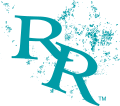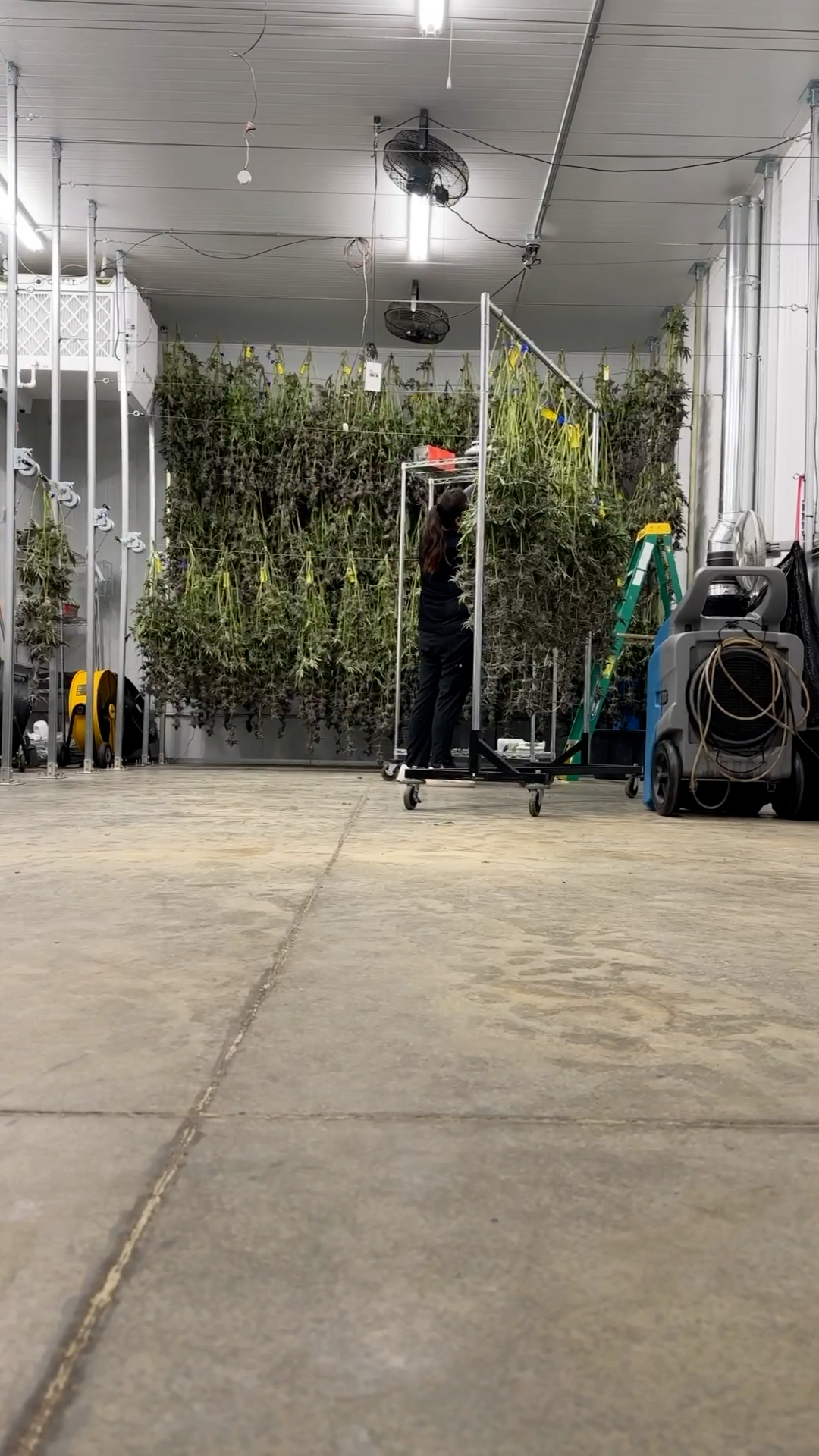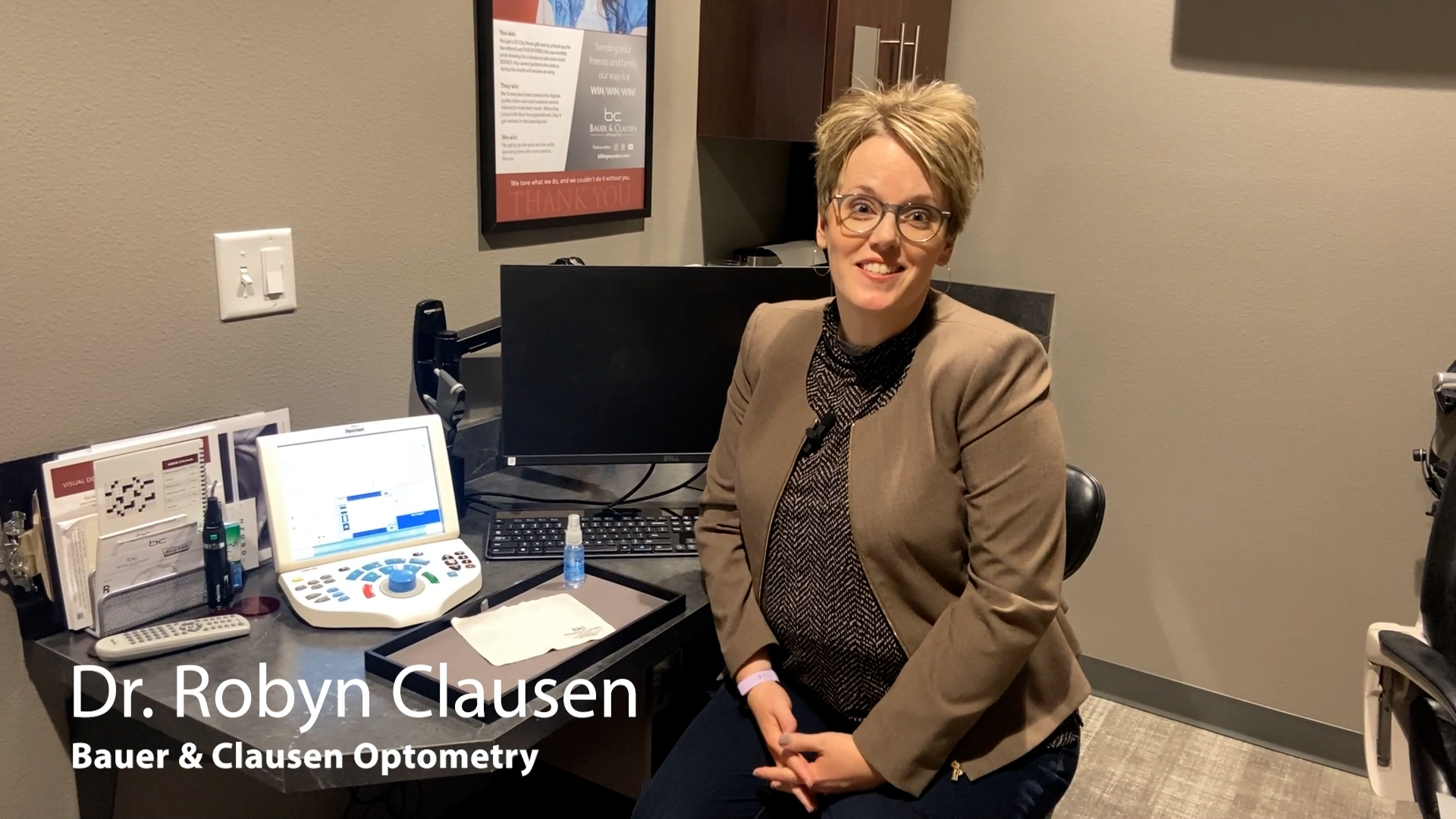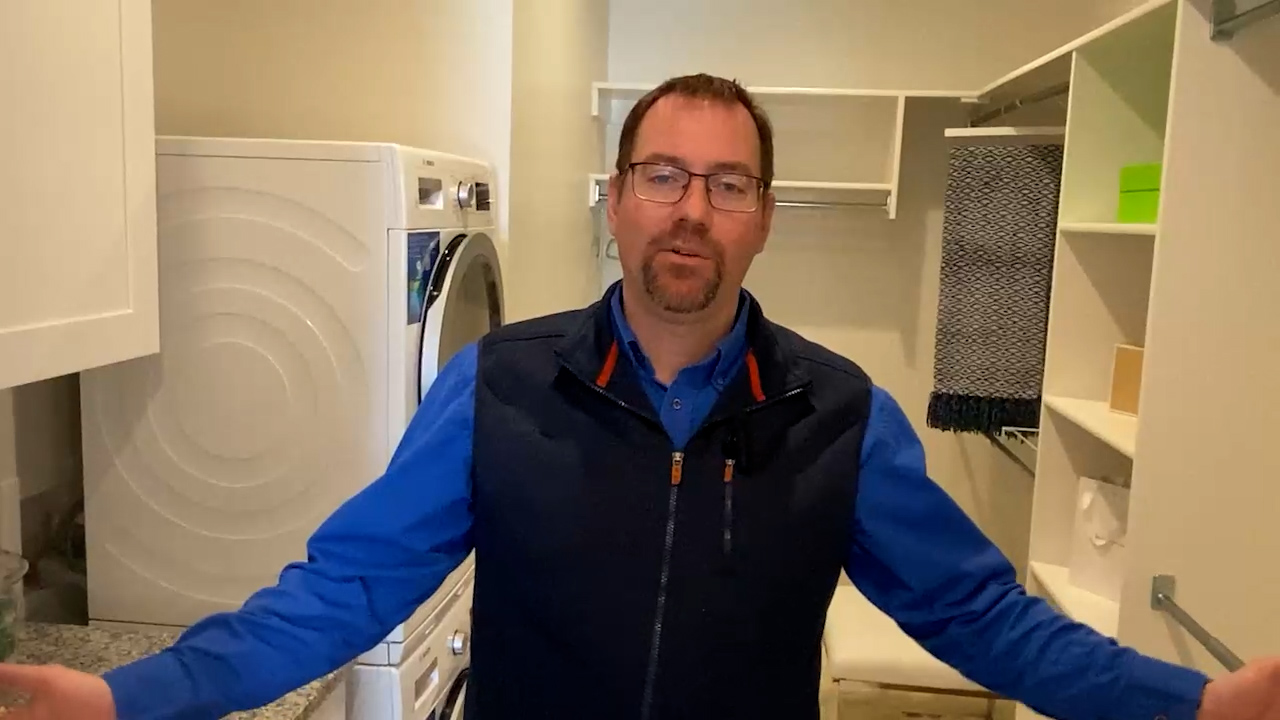Tips to Optimize Your Website for Faster Loading
by Rebel River
September 4, 2024
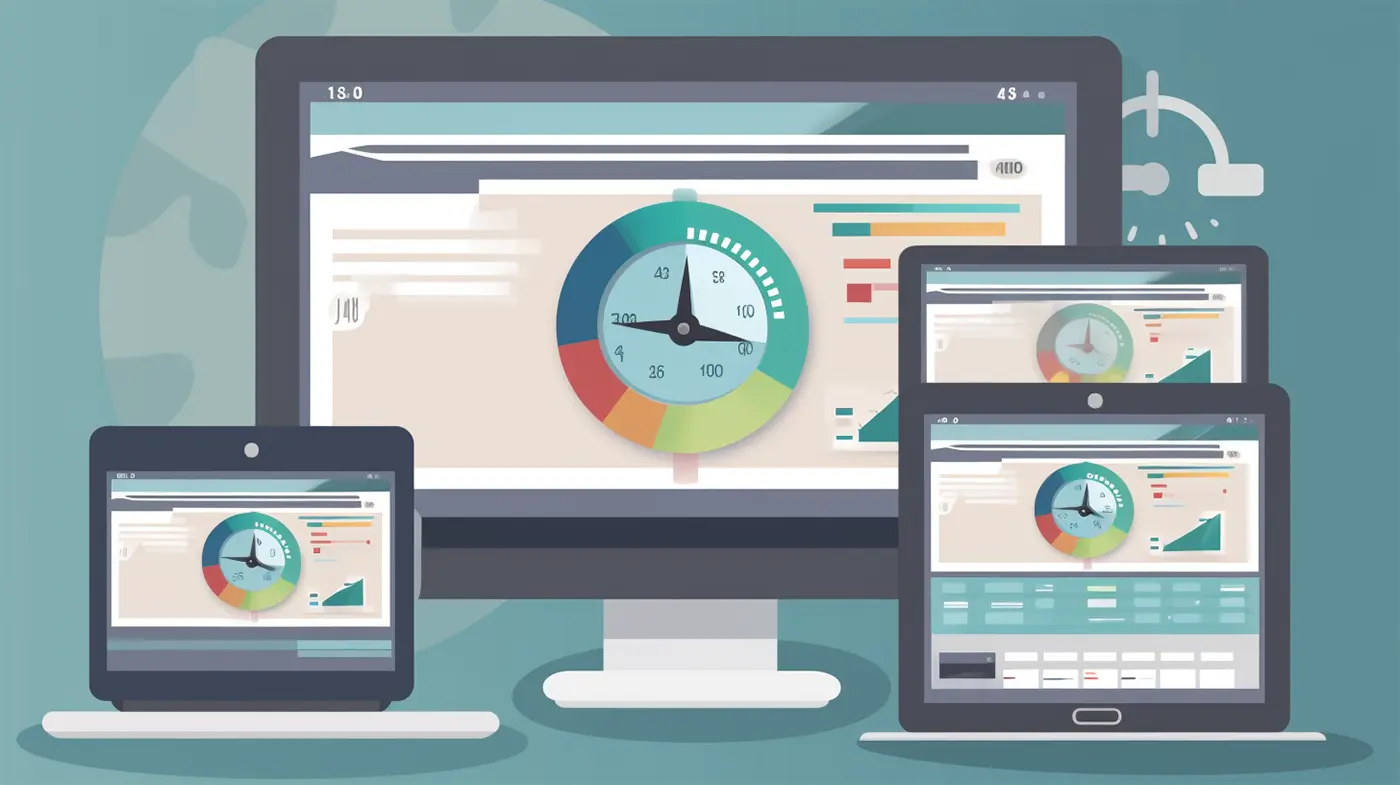
We understand that every second counts when it comes to website performance. User experience and search engine optimization (SEO) are significantly impacted by how quickly your pages load. Studies (WP Rocket) have shown that users are less likely to stay on a site that takes more than a few seconds to load, which can increase bounce rates and reduce the effectiveness of your online presence.
We believe that optimizing your website’s speed is not just about improving page load times but also about enhancing overall user engagement and satisfaction. Slow websites can frustrate users, leading to a poor perception of your brand and lost opportunities. Conversely, a fast-loading site helps to keep users happy and engaged, and more likely to convert into paying customers or return visitors.
Understanding Website Speed and Its Impact on Performance
Website speed isn’t just about providing a quick loading experience; it has profound implications for user satisfaction and search engine optimization (SEO). We recognize that the speed of a website can significantly impact how users interact with it. Statistically, websites that load within 2 seconds have a much lower bounce rate compared to those that take 5 seconds or more. This rapid load time not only holds the user’s attention but also contributes positively to search engine rankings, as search engines prefer websites that provide a faster, smoother user experience.
Further underlining the importance of speed, research shows that users often consider website performance as a trust factor. A delay of even a few seconds can make users less likely to return to the website or complete a transaction. Therefore, enhancing website speed is not just about boosting user engagement but also about building reliability and trust within your target market.
Top Factors Slowing Down Your Website
Several common elements can bog down your website’s performance, and understanding these factors is the first step to optimizing speed. Large image files, for instance, consume significant bandwidth while loading, slowing down the entire site. In our experience, this is the top culprit for slower website loading. Similarly, unoptimized coding can lead to slower response times from your website’s server. Each unnecessary line of code, redundant script, or excessive HTTP request adds to the load time, compromising the user’s experience.
Excessive HTTP requests are particularly damaging. Each piece of your webpage, including images, scripts, and stylesheets, requires a separate HTTP request to load. More requests mean longer waiting times for your users. By identifying and minimizing these requests, we streamline your site’s interaction with web browsers, facilitating a faster, more efficient loading process. Understanding these technical elements lays the groundwork for a comprehensive strategy to enhance the website’s performance, directly impacting user engagement and SEO rankings positively.
Practical Steps to Optimize Load Times
In our approach at Rebel River Creative, to enhancing website performance, focusing on load times is key. Slow-loading pages not only hinder the user experience but can also negatively affect search engine rankings. To tackle this, begin with image compression and optimization. Tools such as Adobe Photoshop or free online compressors enable the reduction of file sizes while maintaining visual quality. This is essential since images often constitute the bulk of a site’s load time.
Using images in the WebP format is a highly effective way to optimize website performance and reduce page load times. WebP is a modern image format that provides superior compression without significantly sacrificing image quality. Compared to JPEG and PNG, WebP can reduce file sizes by up to 30% or more, resulting in faster load times and improved overall user experience. This is particularly beneficial for mobile users, as smaller image sizes help pages load more quickly, reducing bounce rates and improving engagement.
Minimizing HTTP requests is another critical step. Each piece of your webpage, from scripts to images, requires a separate HTTP request to load, so fewer requests generally mean faster pages. Techniques like sprite sheets, combining external JavaScript files, and utilizing CSS rather than images where possible, can significantly reduce these requests. Additionally, leveraging browser caching stores cached versions of static resources, a process that speeds up page loading time significantly for repeat visitors.
Testing and Monitoring Your Website’s Speed
To ensure your website remains fast and efficient, ongoing testing and monitoring are crucial. Tools like Google PageSpeed Insights or GTmetrix provide comprehensive insights into what’s slowing down your site and offer specific recommendations for improvement. By regularly testing your website, you can understand how different elements affect loading times.
Interpreting these results involves looking at various metrics such as page load time, time to first byte, and total page size. Beyond initial assessments, continuous monitoring with these tools helps us track the effectiveness of implemented changes and identify new areas for improvement. Establishing regular checks ensures that we consistently meet performance standards and can react quickly to any issues that might arise.
Rebel River Creative’s Approach to Sustained Website Speed
The speed of a website is more than a technical concern—it’s a vital part of providing a positive user experience and improving search engine rankings. While we could go on and on about optimization, we focus on practical steps like optimizing images, reducing HTTP requests, utilizing browser caching, and streamlining CSS and JavaScript usage to enhance our clients’ website performances. Regular testing and monitoring form the backbone of our strategy, ensuring that the websites not only load quickly but continue to do so, regardless of updates or changes made over time.
If you’re looking to improve your website’s performance and enhance your online presence, contact us today. Let’s work together to optimize your digital platforms through our website design services in Billings, MT, by Rebel River Creative.
